• Over 45 people were killed when an explosive device ripped through the main procession on M.A. Jinnah Road
• Three alleged militants escaped from police custody at City Courts in 2010
• Sindh top prosecutor blames IO, supervisory SSP for failing to arrest absconding accused
KARACHI: Fifteen years after the December 2009 bomb blast that ripped through the main Ashura procession on M.A. Jinnah Road and killed dozens of people, justice has eluded the victims of the carnage as law enforcement agencies have yet to hold the mastermind and facilitators accountable.
On December 28, 2009, over 45 people, including children, were killed when a bomb exploded in the central procession of Ashura in Karachi.
Families of the victims and survivors of the attack still await justice as the trial remains inconclusive because the suspects are still untraceable.
A year after the attack, four suspected militants — Murtaza, alias Shakil; Mohammad Saqib Farooqui; Wazir Mohammad; and Murad Shah — said to be associated with the banned militant outfit Jundullah, were apprehended following a shootout on Hawkesbay Road.
However, three of them managed to escape from police custody at the City Courts in 2010, while one of the suspects and a police constable lost their lives.
Since their escape, law enforcement agencies have failed to apprehend the suspects, and no significant action has been taken against those involved in their escape.
Meanwhile, the Ashura blast case files in the antiterrorism court (ATC-III) keeps gathering dust in the bookshelves of the court as the prosecution department claimed that the absconding suspects had been killed in an encounter.
Over the years, most judicial staffers at the ATC-III working on the case have been transferred elsewhere.
A former staffer lamented the lack of progress since 2010, a sentiment endorsed by a current staffer who confirmed that the case files were gathering dust and no one had been implicated in this case so far.
Dawn reached out to Sindh Prosecutor General Dr Faiz Shah for comments. In his response, he blamed the investigating officer (IO) and his superiors for failing to arrest the absconders.
“The investigation officer and his supervisory SSP have not taken steps to arrest the absconders, and the situation remains unchanged from last year or from the time the case was ordered to be kept dormant by ATC-III,” he stated in his written response.
‘Gunfire and blast’
During pre-trial proceedings, prosecution witnesses reportedly identified the suspects in an identification parade before a judicial magistrate.
However, legal experts believed that the delay in re-arresting the suspects would ‘damage’ the prosecution’s case against the accused, while they agreed that the prosecution’s case hinged on evidence, particularly witness testimonies.
“The delay causes witnesses to either die, become hostile, relocate, or their memory fades, which benefits the defence,” a state prosecutor told Dawn, wishing not to be named.
Describing how delays in apprehension affect the prosecution’s case, he mentioned a murder case from 2010 in which the accused was apprehended eight years later. However, the witnesses recanted their statements, he said.
Fourteen years ago, six armed assailants stormed the crowded City Courts, lobbing grenades at security personnel and freeing the detained suspects.
The former president of the Karachi Bar Association (KBA), Mahmood-ul-Hasan, 71, was working in the bar room when he heard gunfire and blasts. “I heard the sound of gunfire and blasts,” he recalled. “I rushed outside the office but couldn’t determine the exact location of the gunfire because everything was happening so quickly.”
Advocate Hasan said he later found out that the armed men had infiltrated through the front gate of the Bilal mosque situated in the District Central block and had fled with their accomplices from the City Courts premises within minutes.
The suspects were chargedsheeted with involvement in a series of attacks on Muharram processions in Karachi in 2009. However, they managed to escape before their indictment.
Published in Dawn, July 17th, 2024


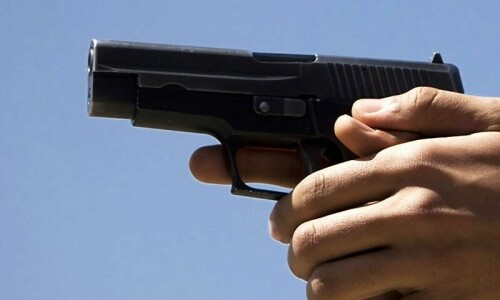































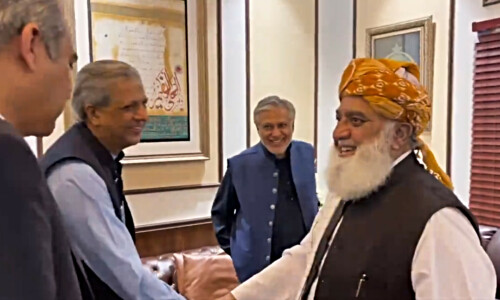
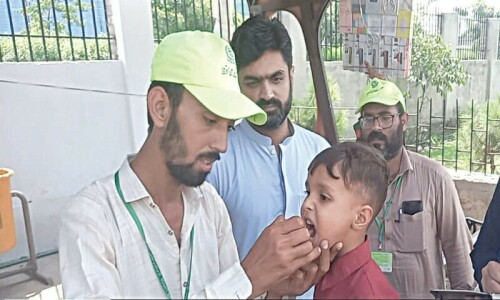

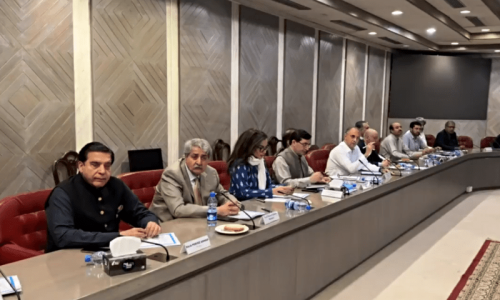

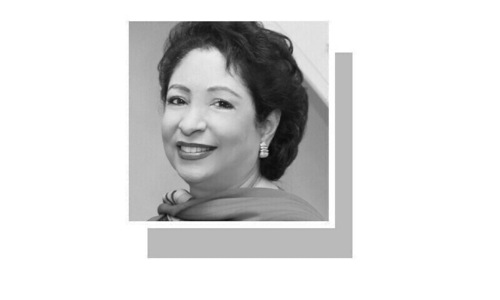






Dear visitor, the comments section is undergoing an overhaul and will return soon.